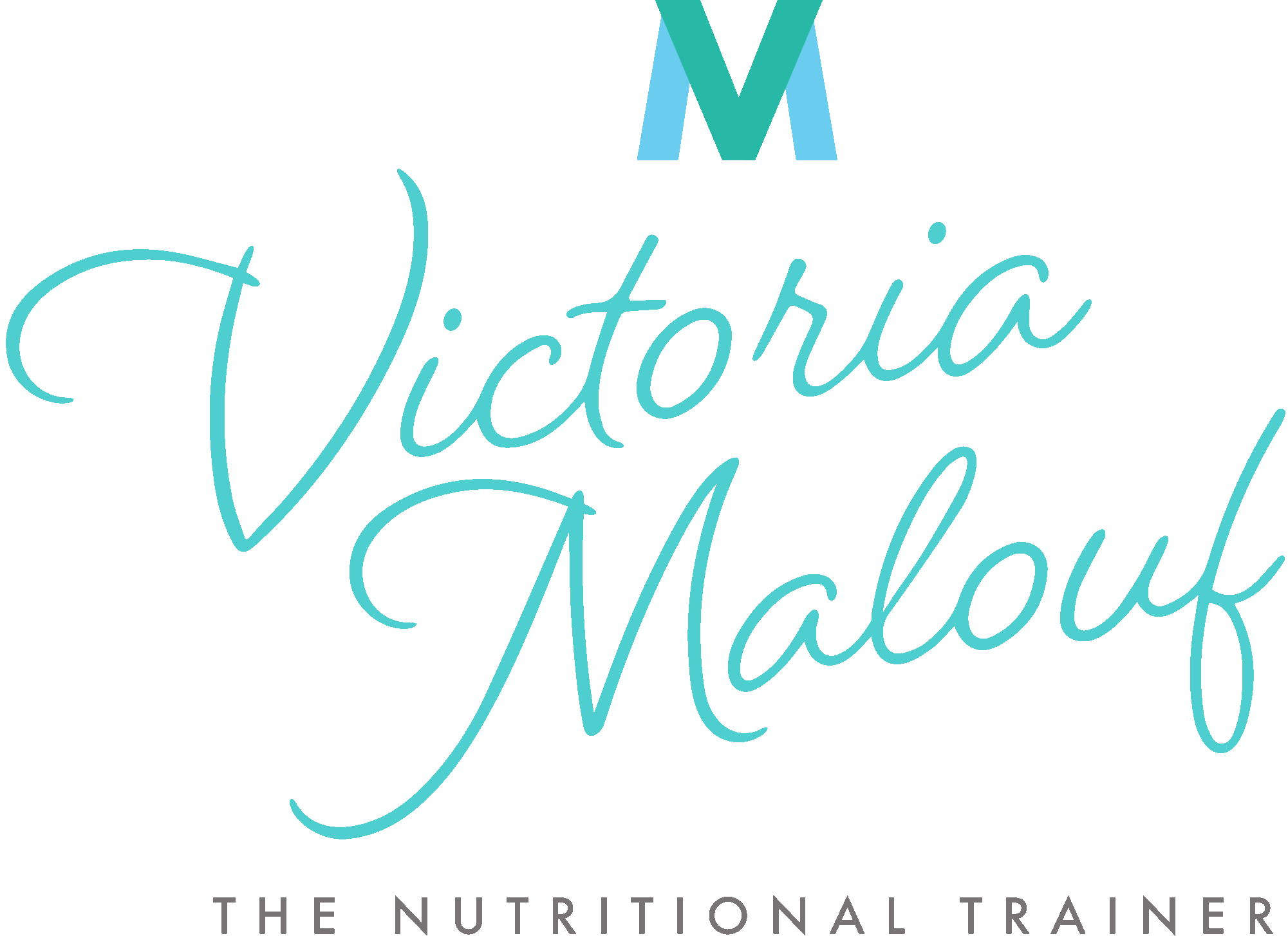The 5 golden rules for setting achievable goals
- Jan 27, 2020
- 4 min read
Do you have your goals set for this year? Maybe they're health goals, professional or personal. But having goals is a great tool to keep you accountable and on track and to make sure you're moving forward to where you want to be.

It does not have to be a weight loss goal, in fact I actively encourage that if you do want to lose weight, you have a health, fitness or nutrition goal instead of focusing on the number. I can almost guarantee you that the weight will just come off without you having to focus on it.
Now, It's one thing to have these goals, but it's then very important every few weeks or months, depending how big your goals are and the time frame in which you want to achieve them, to re-evaluate these goals and check how you are progressing towards them.
Here are my 5 golden rules of goal setting to make it easier for you to reach all of your goals this year.
1. Make sure they motivate and inspire you
Your goals need to get you excited and motivate you, if they don't then the changes of you achieving them in the long term greatly diminishes. This means making sure that they are important to you and you find value in achieving them. If you are only working towards something because someone else told you too (e.g. weight loss only because someone told you that you need to lose weight, not because you yourself want too) then you are not going to be motivated and dedicated to achieving them when the going gets tough. Motivation is key, but discipline is what is going to get you to achieve them. For example, motivation is what is going to get you in a good habit of going to the gym in the morning, but longer term discipline is what is going to keep you going on those cold winter mornings when you wish you could stay in bed.
2. They need to be something you can stick to long term
It ca be great and exciting implementing a new habit, for example starting a new gym routine or healthy eating plan. However, if it is not something that you can stick to long term, then chances are, 2 or 3 months down the track you'll start to get off course and go back to your old ways. Especially healthy habits, they need to be something that you can stick to long term and are not just a quick fix.
3. Like everything in life, Goals need to be SMART
This means they need to be
Specific - Goals must be clear and well defined. Vague goals are unhelpful because they don't provide you with what end result you desire and direction on how to get there.
Measurable - Including things like precise amounts, dates etc allow you to measure your success and in itself is a motivator for helping you to reach towards that end goal. If you for example wanted to lose 10kg but your goal was just to lose weight, without saying the specific 10kg amount, how would you know when you had lost enough weight and reached your goal?
Attainable - Make sure it is actually possible to reach the goals you set. Not only would it be demoralising to realise that you can never achieve the goal you've set yourself, but you would then be working endlessly towards something that you are never going to achieve and see an end date.
Realistic - As well as making sure that your goals are attainable, making sure the time frame that you set your goals is a realistic one is another key to success.
Time-bound - you need to be realistic about the time frame in which you want to achieve these goals. it's no use saying you want to lose 10kg in 2 weeks as that is very unrealistic and when you don't lose it you will just feel deflated and might then not continue.
4. Stick to them
Your goals may not play out how you want them too. You may not lose all that weight in that time frame. There may be a few unforseeable road blocks. That's when creating goals that really mean something to you and motivate you is going to keep you going when things get tough.
5. Don't be afraid to modify your goals if they no longer serve you
In saying the above, don't be afraid to change your goals if they no longer serve you. Example - a few years ago I ran 3 half marathons with the goal of then being to run a full marathon. After the third half marathon, I hurt my hip so badly that I could barley walk for a few days and it took me a good 3 years and countless physio appointments to get back to any sort of running again. It would not have been conducive to me to hold onto that goal of doing a full marathon for all of those years knowing that it would be very unlikely to happen. It may happen in the future, but my present goals had to change to allow me to be productive and work towards them now.



Comments